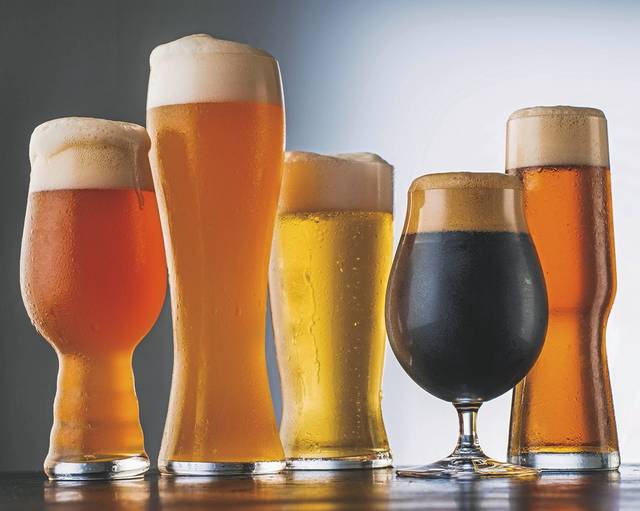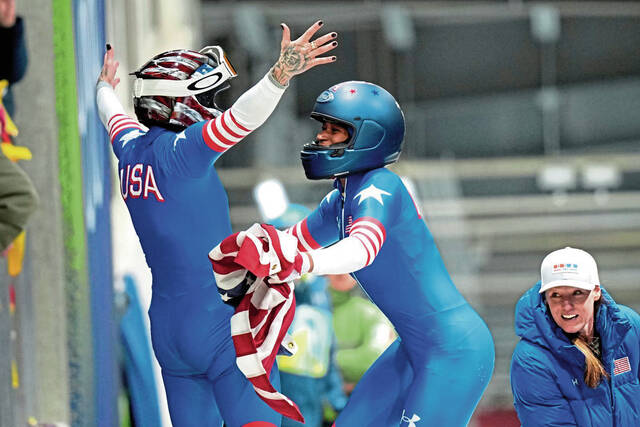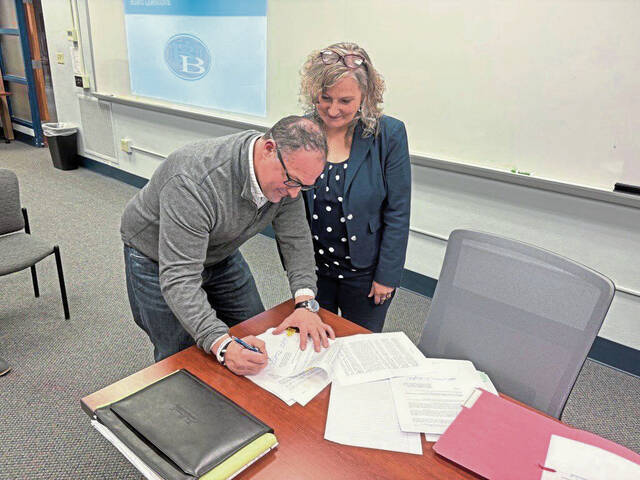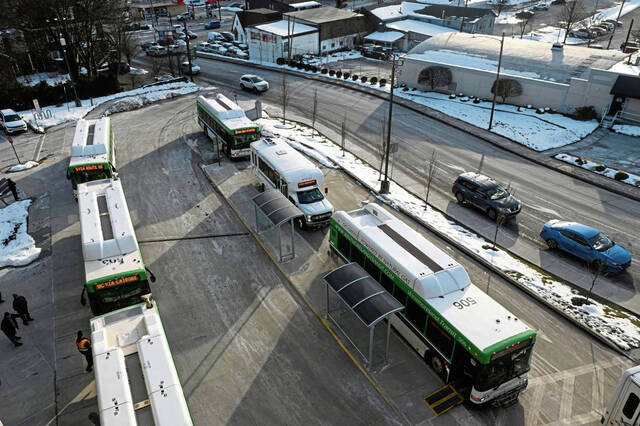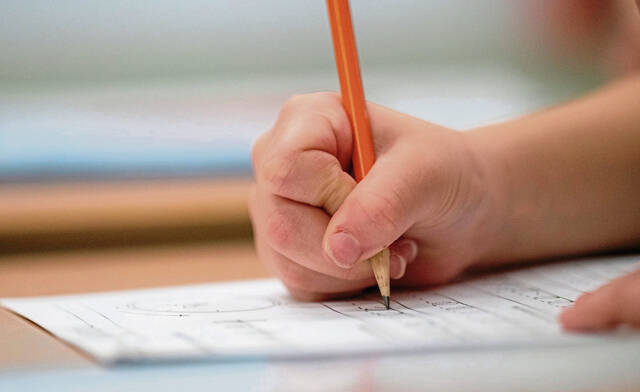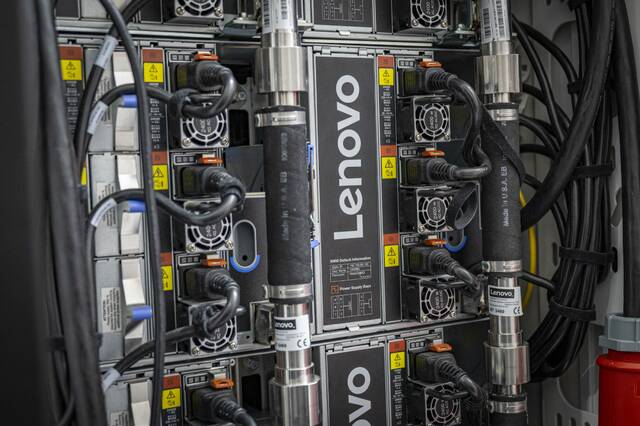Gov. Tom Wolf has set last call for alcohol Wednesday at 4:59 p.m., because at 5 p.m. on the biggest drinking night of the year, bars and restaurants have to stop pouring. The new order is aimed at cutting down on the spread of covid-19 over Thanksgiving.
The Wolf administration is rightly concerned about the rising coronavirus pandemic numbers in Pennsylvania. The number of cases is up — statewide as well as in Allegheny, Westmoreland and other regional counties. So is the positivity rate, which means it isn’t just about more people being tested for the disease but that greater percentages of people are being identified with it.
There is worry about hospitals becoming overwhelmed and worry about the medical staff who can only stretch so far. And there is very understandable anxiety about the math, because for every new case — whether it is asymptomatic or someone clearly ill — there is the potential for more exposure. And more exposure undoubtedly means the ugly pandemic wheel keeps turning.
The Centers for Disease Control and Prevention isn’t wrong when it tells people to exercise caution and not congregate for Thanksgiving. It is risky.
Likewise, Wolf isn’t wrong to urge people not to go out for drinks with friends on the night before Turkey Day. It can be seen as a targeted response to a high-risk event, which is ultimately less disruptive than blanket orders.
But will barring alcohol consumption in public places for a few key hours really be effective?
People will still be able to gather at home, and since it’s chilly, it seems likely they will be inside rather than distant on someone’s deck or in the driveway. While a bar could be held accountable to maintain the occupancy limits established, keeping people apart, will that happen on someone’s back porch?
And from a purely economic standpoint, will people drink more — and become less inhibited — if they are sharing a few bottles of wine or a case of beer than they would if they were paying restaurant prices plus tip and other costs of a night out?
Most high school administrators and parents of teenagers can tell you that locking down alcohol can make some kids more creative rather than more careful. Adults are no different. In 2017, Penn State found that when it tried to shut down alcoholic gatherings on campus after a student death, not only did students find loopholes, but some parents helped facilitate the rule-breaking.
Wolf’s actions — however well intentioned they may be — may be more likely to create problems with a mutinous backlash.
But here’s what’s certain: The owners and employees of bars and restaurants are losing income because of a government mandate in the name of public health — but with no immediate promise of government aid. This vital sector of a local economy cannot be expected to shoulder losses into oblivion.
It’s hardly an act of decadent socialism to deliver public money to businesses that are suffering, through no fault of their own, because they happen to be vectors for the spread of a deadly virus. The action must start in the U.S. Congress, creating a new coronavirus aid package that can be channeled to the states, so that Wolf and the Legislature can assist businesses that are being forced to sacrifice.


